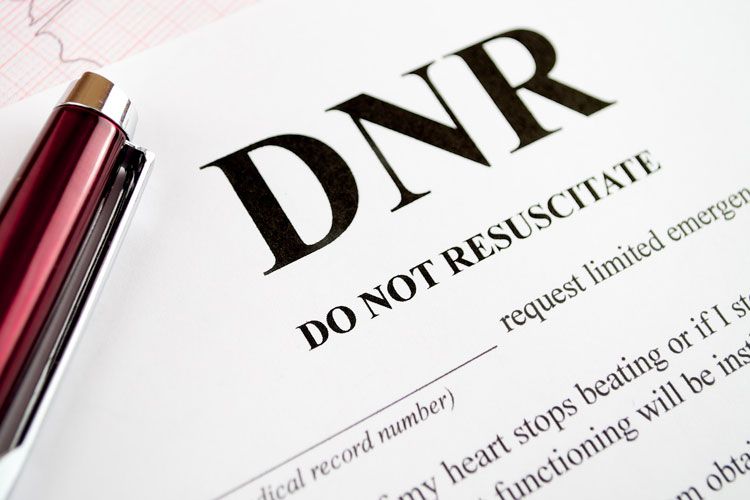It can be difficult to even think about end-of-life situations and an even more daunting task to actually plan for it. However, the truth is that most people have strong preferences about how they would like to be treated and cared for in their final months, weeks, and days. To avoid any issues, rushed judgements, and disputes between loved ones, end-of-life planning should be made a priority.
Faith in Angels Hospice has resources to assist and guide you through establishing advance directives.
What is an Advance Directive?
An advance directive is a legal document that directs healthcare providers on the kind of care you want in the case that your condition doesn’t allow you to speak for yourself. This document comprises two parts: a living will and a medical power of attorney.
Living Will
A living will is a written, legal document that spells out medical treatments you would and would not want to be used to keep you alive, as well as your preferences for other medical decisions, such as pain management or organ donation.
Do Not Resuscitate (DNR) and Do Not Intubate (DNI) Orders
DNRs and DNIs are legal orders that tell a health care team what measures a patient does not want to receive in the event of a life-threatening health crisis. DNR or “Do Not Resuscitate” means that no CPR (chest compressions, cardiac drugs, or placement of a breathing tube) will be performed.
Power of Attorney
A medical or health care power of attorney is a type of advance directive in which you name a person to make decisions for you when you are unable to do so. In some states this directive may also be called a durable power of attorney for health care or a health care proxy.




